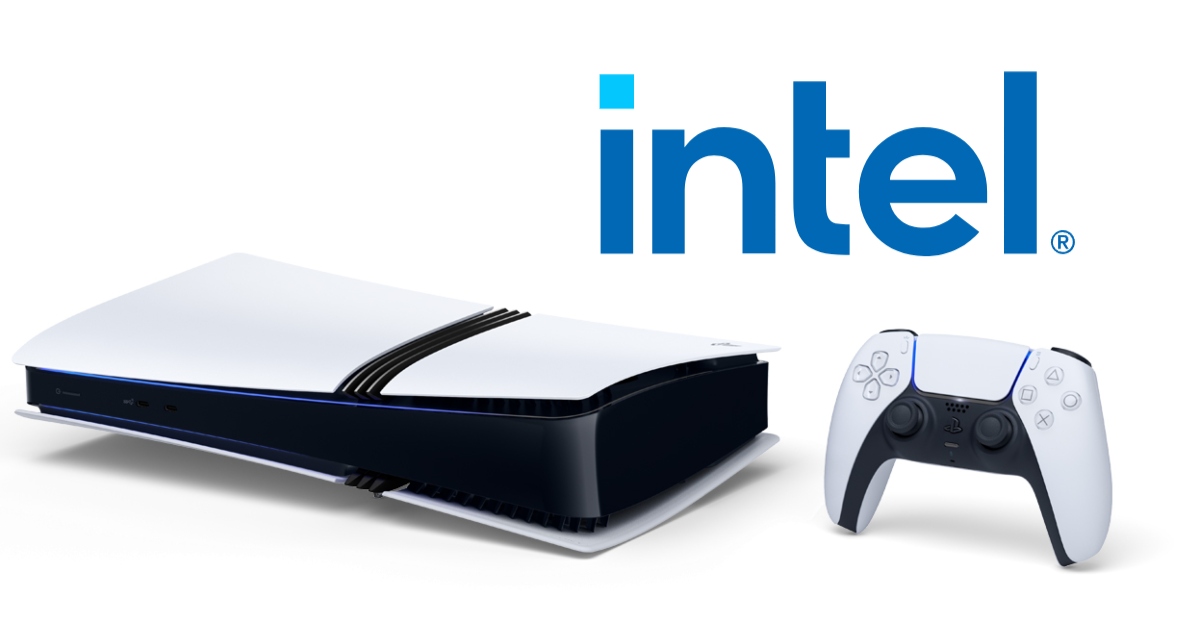Report: Intel lost $30 billion in potential revenue after missing out on PlayStation 6 chip contract
The next PlayStation console could have been powered by Intel, according to a new report. However, the chip manufacturer appears to have lost this contract.

PlayStation 5 Pro
- Intel lost a contract to design and produce a chip for PlayStation 6 to AMD, Reuters reported on September 16, citing three sources familiar with the matter.
- In 2022, Sony and Intel held months-long negotiations, with meetings between the companies’ CEOs, engineers, and executives.
- The stumbling block was the amount of royalties Intel wanted to receive from selling the custom chips to Sony. As a result, the Japanese company agreed to a bid from AMD.
- According to Reuters, the failed deal could have benefited Intel’s foundry business, which is part of CEO Pat Gelsinger’s strategy to shift the company toward manufacturing chips for third-party clients.
- It is worth noting that the Intel Foundry unit is unprofitable: its operating loss reached $7 billion in 2023. The company even decided to lay off over 15,000 people, or 15% of its workforce, last month to cut its operating expenses.
- Another issue that prevented Intel from striking a deal with Sony was backward compatibility, which could have been hampered by the chip change in the next console.
- The potential deal with Sony could have generated around $30 billion in revenue for Intel over PlayStation 6’s life cycle, according to the company’s internal projections. This would have helped it Foundry business, especially given that the firm struggles to attract customers.
- Intel spokesperson told Reuters that the company strongly disagrees with the report’s characterization. “We have a very healthy customer pipeline across both our product and foundry business, and we are squarely focused on innovating to meet their needs,” the statement reads.
- Sony declined to comment on the negotiations with Intel.
Sony has been working with AMD on console chips since the PlayStation 4. As AMD executive Renato Fragale once wrote on LinkedIn (the info has since been removed from the page), this partnership helped the company avoid bankruptcy.